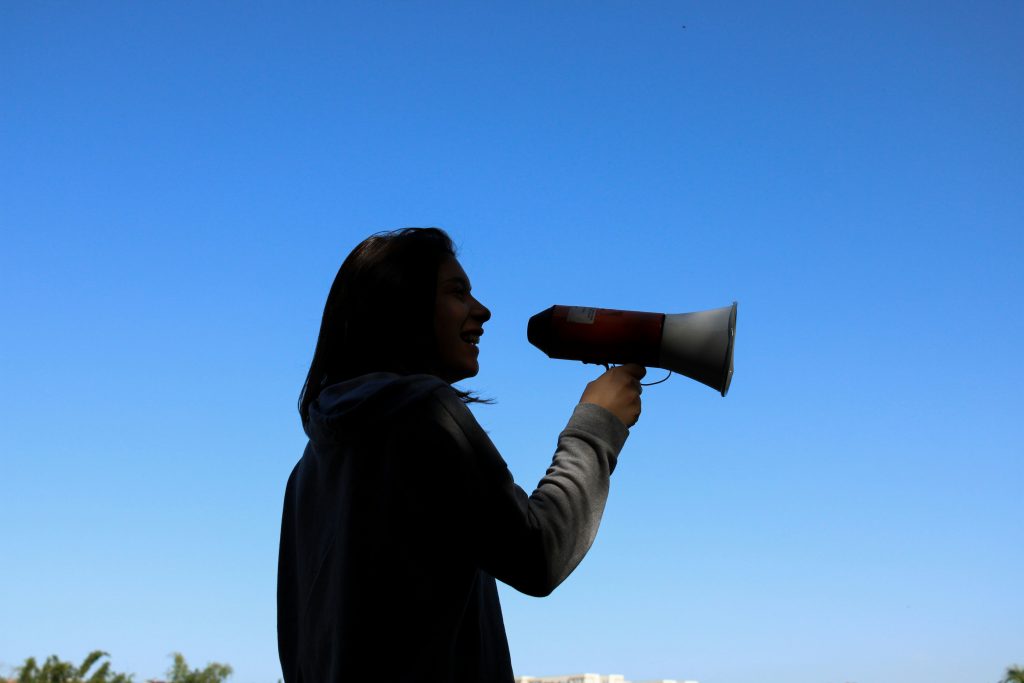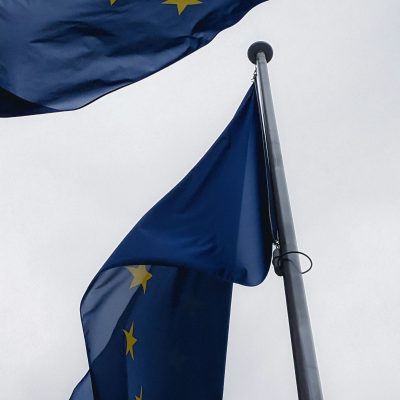Blog post
17/01/14How to communicate ahead of the European elections?

On 20 November 2013, Notre Europe – Jacques Delors Institute, in partnership with EuroCité and Europartenaires, organised the fifth seminar of the cycle “European public space: heading towards the European elections” about “How to communicate on the European elections?”.
Nicolas Leron, EuroCité president, summarised the seminar around its three main elements:
- European institutions, what kind of communication towards citizens?
- What are the difficulties of institutional communication regarding
the EU? - Are the European institutions effective and legitimate to communicate on European elections?




